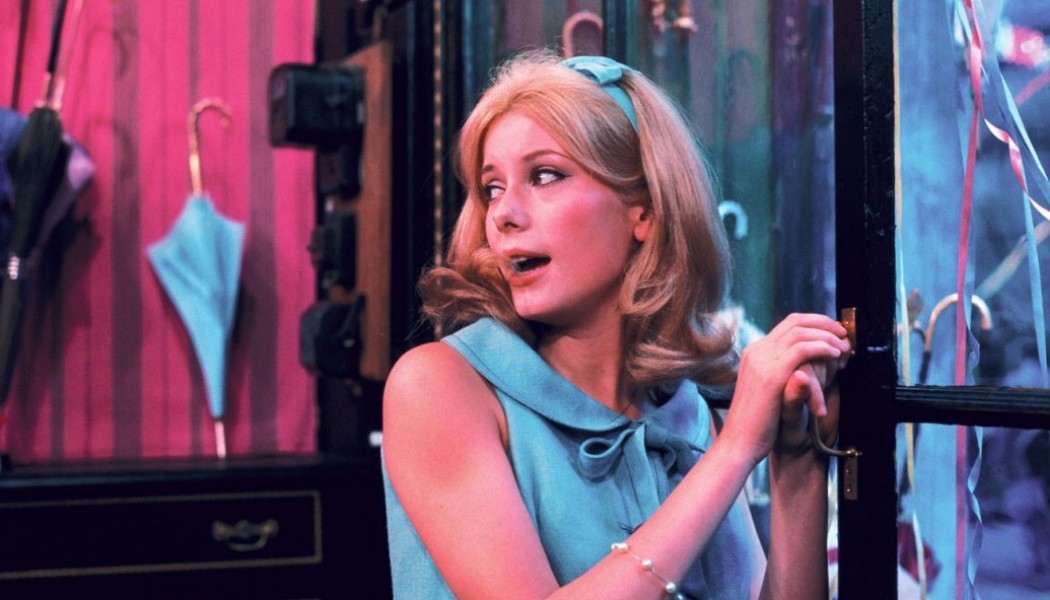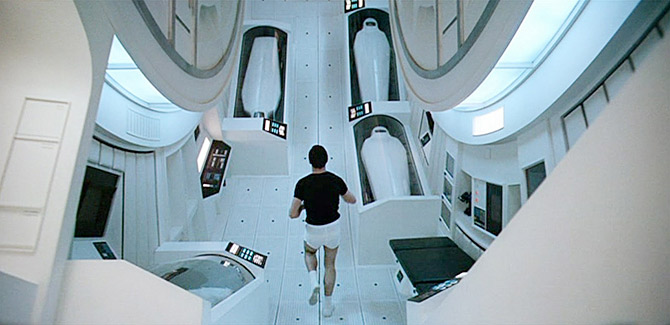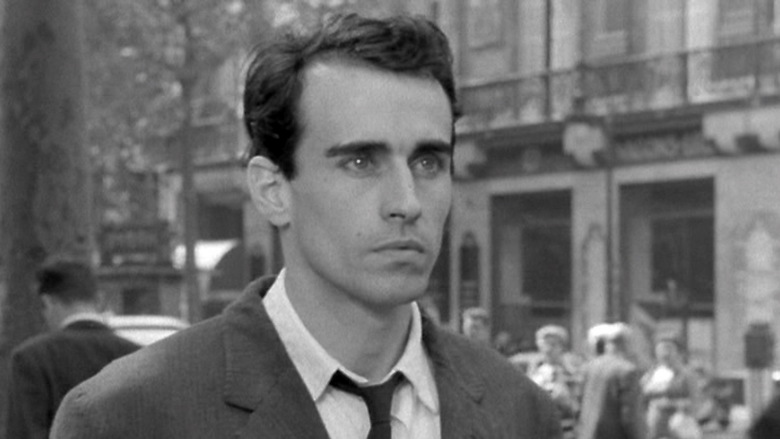6. Dust in the Wind (1986)

Hou Hsiao-Hsien is widely considered one of the three pioneers of the New Taiwanese Cinema, a movement that infused a new style of filmmaking in Asian cinema that reflected the many political undercurrents that transpired in that era. This coming-of-age story tells the story of two young lovebirds who leave their rural village in hopes of finding a steady job at Taipei. Very much in line with the rest of Hou’s output, the film provides a meditative portrait of post-war Taiwan that conveys the lyrical beauty of the minutiae of everyday life.
“Shoplifters” Japanese director Hirokazu Kore-eda included the title in his top ten favorite as per the Sight and Sound 2012 poll, claiming it determined him to pursue his filmmaking aspirations. It’s not hard to connect the dots between Hou and his heir-to-be, as two masters of humanist cinema that focus on dysfunctional families and socioeconomic themes in their work.
7. The Umbrellas of Cherbourg (1964)

“Portrait of a Lady in Fire” Céline Sciamma claimed that Jacque Demy’s opus played a key role in her filmmaking education as a textbook example of how to mount a scene and tell a compelling story. During an interview, she cites discovering The Umbrellas of Cherbourg as a twelve-year-old as a groundbreaking event that made her fall in love with the whole artform of cinema.
Another big-time director that gave his props to the movie is Damien Chazelle, who made a name for himself with two soulful renditions to American jazz music in Whiplash and his award-winning La La Land. Not only does Chazelle claim to have seen the movie over a hundred times. The auteur also says that its operatic approach “threw him out of a loop” and inspired him to make his own jazz-centric versions, and the first thing he made sure to do when he began production for La La Land was to show this French staple to his composer.
8. Nashville (1975)

This quintessential Robert Altman ensemble piece full of crisscrossing storylines and intersecting characters served as the blueprint for some of the early hits by Paul Thomas Anderson including Boogie Nights and Magnolia. Nashville has been lauded for how it manages to flesh out every one of its twenty-four main characters, portraying the every-day life in the Tennessee city during the hectic build-up to a political gala concert. This narrative structure was evidently rehashed in Anderson’s s two late-90’s epics set in the San Fernando Valley.
The renowned American director has cited Altman as one of his biggest influences growing up, with Nashville claiming the number one spot in his personal rankings. Anderson once jokingly admitted to Altman that all he did was “rip him off”, and even served as an assistant director in one of his late features. While both deserve to be lauded as trend-setting generational talents, it’s cool to see one master be so candid about his influences, not being afraid of tipping its hat to another.
9. 2001: A Space Odyssey (1968)

Stanley Kubrick’s science fiction movie became a world-shaking event back when it released in 1968. Originally panned by pundits and fans alike, few exactly knew what to make of the unconventional story. In an era where mass-appealing crowd-pleasers reigned supreme at the multiplex, 2001 was greeted with a muted response upon release, only experiencing a re-appraisal in later years.
Christopher Nolan took it by himself to develop an unrestored 70mm print of the film, reminiscing about the time his father took him to see it as a seven-year-old and how he experienced it in awe, “never forgetting that feeling of being taken on a journey that you never thought possible”. He praises Kubrick for flawlessly conveying emotions without dialogue, something he ironically has not been able to replicate in his own directorial efforts. In a similar vein, the box-office king James Cameron argues that watching it as a 14-year-old was a mind-blowing cinematic journey like nothing he’d seen before, eventually motivating him to push the boundaries of the science fiction genre, which he would go on to redefine altogether.
10. Pickpocket (1959)

When prompted to cite the first movie he ever fell in love with, legendary screenwriter and director Paul Schrader mentioned Robert Bresson’s influential character study, which upon viewing made him realize there was a place for him in filmmaking. “I didn’t think there was, but then I saw this movie about a guy who writes in a journal and goes out and steals stuff and I thought, I can make something like that.” This French classic follows the life of a man who pursues a criminal life as a pickpocket, trying to master the art of swindling without getting caught, despite futile efforts of a local neighbor and close friend to stop him.
Schrader, who by the time was just a film critic, mentioned that watching it in 1969 made him realize that there was a connection between his profane presence and a religious upbringing. Needless to say, three years later he wrote one of Martin Scorsese’s most revered masterpieces, Taxi Driver, a spiritual character study featuring Vietnam vet Travis Bickle, as a similarly deranged young man. Schrader would later analyze the brilliance of Robert Bresson’s storytelling in his seminal film book “Transcendental Style”, in which Pickpocket is thoroughly raved about.